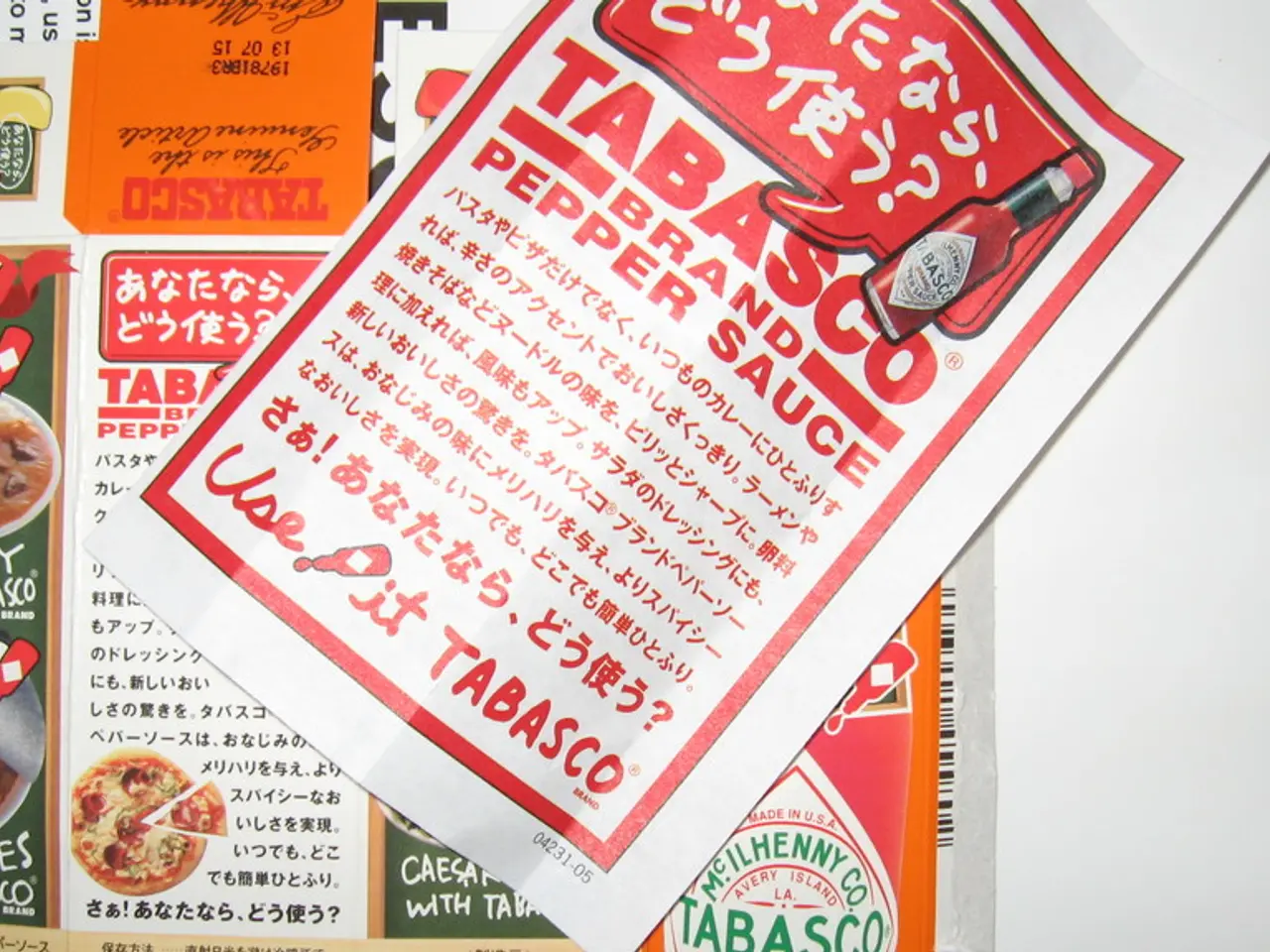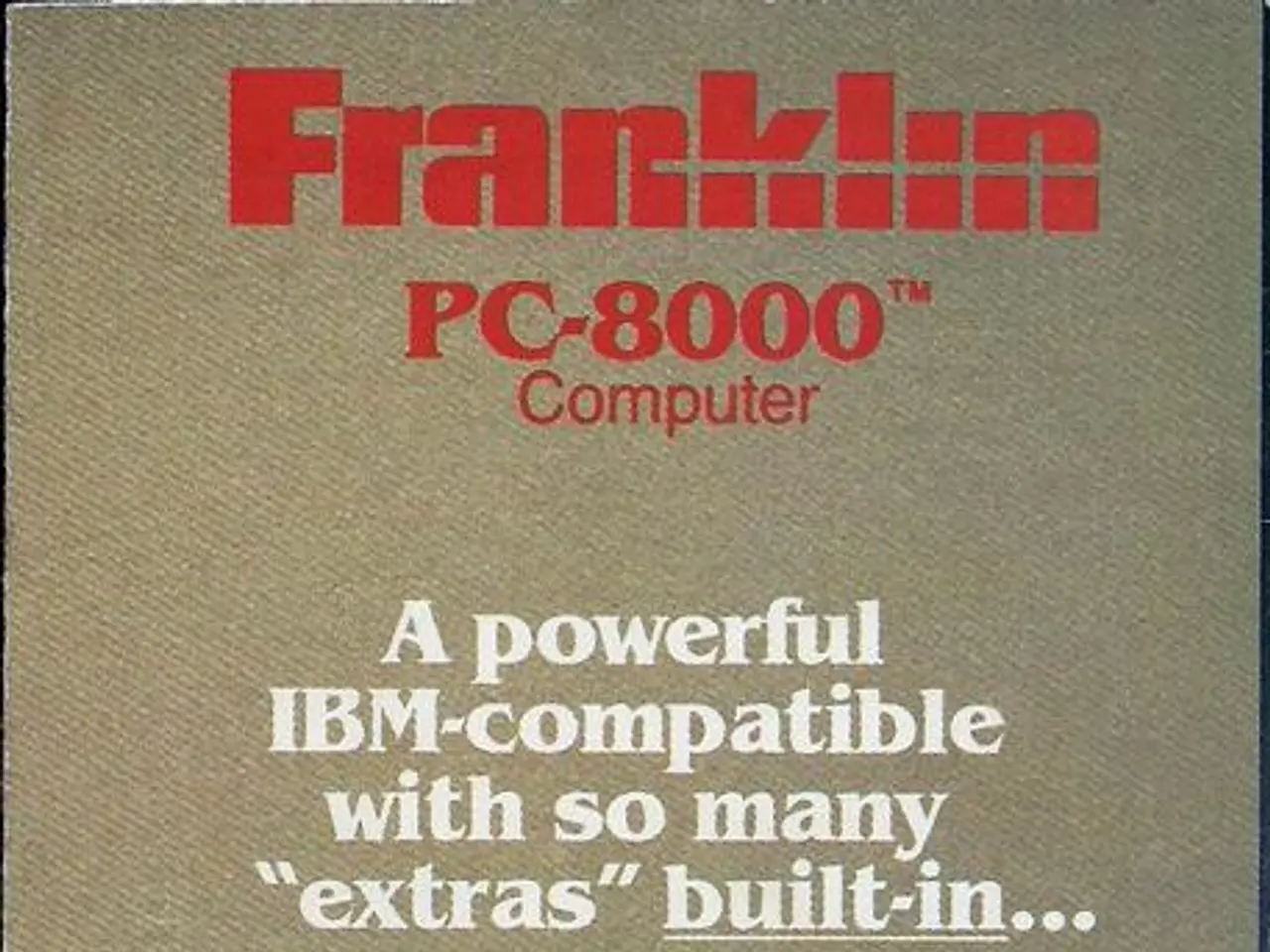Trump exerts influence on Boehringer Ingelheim, a notable pharmaceutical company.
In a recent development, U.S. President Donald Trump has sent a letter to German pharmaceutical company Boehringer Ingelheim, urging the company to lower the prices of prescription drugs in the United States. The letter, published on Trump's social media platform, Truth Social, states that the U.S. administration will "use every tool to end 'abusive pricing practices' in medicines."
Trump criticizes that Americans pay more than three times as much for medicines as people in other industrialized countries. The letter demands that Boehringer Ingelheim apply the Most-Favored Nation (MFN) clause to the U.S. healthcare program Medicaid. This clause requires a state to grant another state all trade advantages it has already granted to a third state.
Under this clause, companies are to guarantee a corresponding pricing structure for new drugs. However, it's important to note that there is no current indication that Trump is actively demanding German pharmaceutical companies, including Boehringer Ingelheim, to apply the MFN clause specifically to Medicaid.
The MFN pricing reforms under the Trump administration focus mainly on implementing variations of the MFN pricing model within Medicare Part B through the Centers for Medicare and Medicaid Innovation (CMMI). The aim is to set maximum fair prices for certain drugs to reduce costs, with implementation expected in 2027.
Boehringer Ingelheim, based in Ingelheim, Germany, has not yet issued a public statement on the letter. Other major pharmaceutical companies, such as EMD Serono from Darmstadt, Novartis, Pfizer, and Sanofi, have also received similar letters.
It's worth mentioning that the 2025 legislative environment includes significant Medicaid funding cuts and eligibility changes aimed at reducing federal spending, but these are unrelated to direct pharmaceutical pricing demands of foreign companies.
The deadline for Boehringer Ingelheim to respond to Trump's demand is the end of September, as Trump has set a deadline of September 29 for companies, including Boehringer Ingelheim, to respond to his demands. The demand to Boehringer Ingelheim has been reported by SWR.
This move by Trump is part of a broader effort to address the high cost of prescription drugs in the U.S. and bring prices more in line with those in other developed countries. The outcome of these negotiations remains to be seen.
- The letter from President Trump to Boehringer Ingelheim, with the demand to apply the Most-Favored Nation (MFN) clause to Medicaid, signals a potential shift in finance and business matters involving U.S. prescription drugs and international pharmaceutical companies.
- The ongoing negotiations between Trump's administration and global pharmaceutical companies, including Boehringer Ingelheim, over prescription drug prices bring politics into focus as the outcomes could significantly impact general-news discussions about healthcare costs in the United States.




